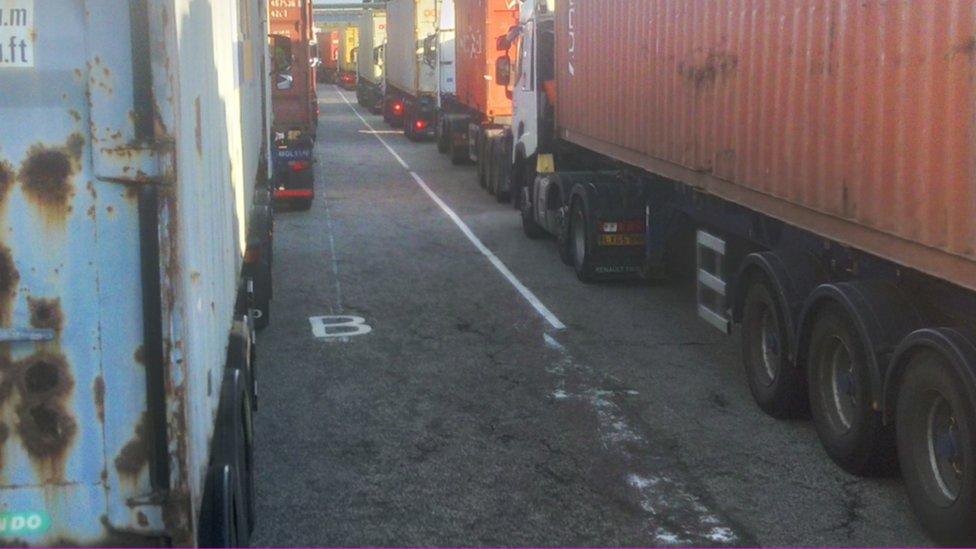Supply chain issues: Retailers say shortages are unprecedented
- Published
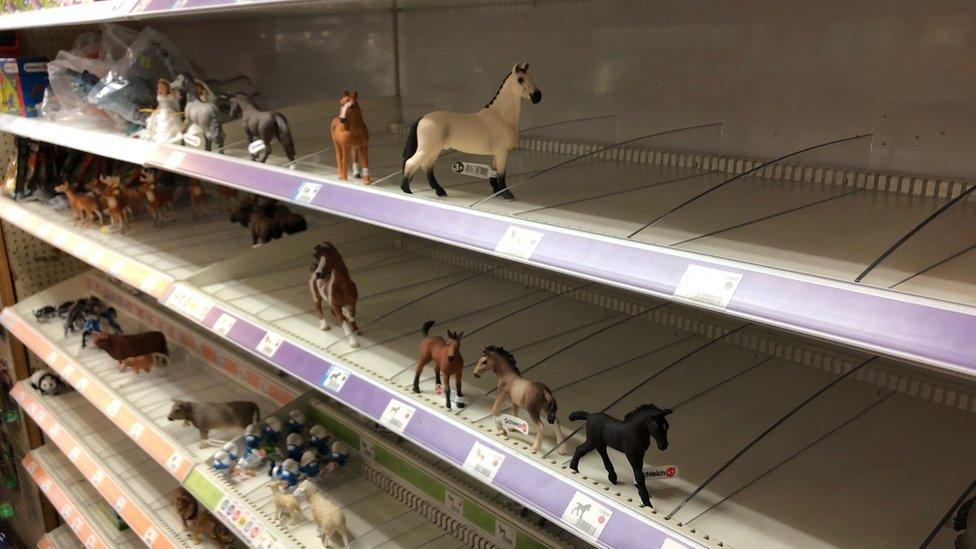
Steve Kerrison says importing items from Germany for his toy shops has become far more difficult and costly
Industry experts warn the current supply problems and product shortages could be "the final straw for some" firms. How are small independent traders coping?

'We're getting an order delivered and half of it is missing'

Steve Kerrison says toy orders have turned up late and incomplete
Steve Kerrison, 55, has spent his life steeped in the toy industry.
From the age of eight, he remembers visiting toy fairs while his father sourced new lines for the family business.
While Kerrison Toys - with branches in Norwich and Great Yarmouth - began life as a newsagent's in the 1960s, it has been a toy shop since the mid '70s.
Mr Kerrison says he had never experienced anything like the problems he currently faces.
"You're just constantly chasing orders - we're placing orders, getting an order delivered and half of it is missing," he says.
"It's taking three to four weeks to get delivered whereas it used to take three or four days - there's a lot of uncertainty about when we're expecting to see stock."
Mr Kerrison says a range of difficulties are responsible for the depleted shelves in his stores.
"You've got the Covid factor, you've got the shortage problems - there are no raw materials out there, prices are shooting up - and shipping from the Far East is not happening," he says.
"Shipments from the Far East are causing major issues because they're taking too long to come through and some haven't even left yet.
"[Brexit] is slowing things down; it's increasing costs."
You might also be interested in:
The shopkeeper tells how one order from a German firm cost four times as much as it did at the start of the year.
And his worries are increasing as the shop heads into its busiest period in the run-up to Christmas because there are certain brands he will not be able to get hold of.
Some manufacturers, he says, are delaying product launches, shelving them until next year because of widespread uncertainty.
However, Mr Kerrison says despite the current issues, his toy business will stick to its guiding principles of only selling quality items at the right price.
"What we won't do is look around and just try to find things to fill the shop with," he says.

'Customers will go elsewhere and maybe won't come back'

Babsy Singh says he can only get a fraction of stock he needs from his local cash and carry
Convenience store owner Babsy Singh, of Ipswich, has experienced similar issues.
He fears stock shortages are threatening consumer confidence in his business.
One of his staple products is milk. But three times he visited his usual cash and carry supplier, and each time it had none.
Mr Singh says Brunswick Road Post Office and Convenience Store relies on buying products from wholesalers.
The issue he faces is that some of the shelves of the wholesalers are also bare.
"Last week I went down and had 20 things on my list and I could only get 10, " he says.
"A few times I've been to cash and carry and spoken with the manager… and he's said 'We can't get the stock in ourselves'.
"If they can't get the deliveries at the cash and carry, then we can't get the stock and we're all in trouble."
He says the current situation is unlike anything has experienced before.
"I don't think I'd ever been anywhere when they've been sold out of something - with posters up saying you can only have one of two of these at a time or 'Sorry, due to a lack of drivers, we can't get the stock in'," he says.
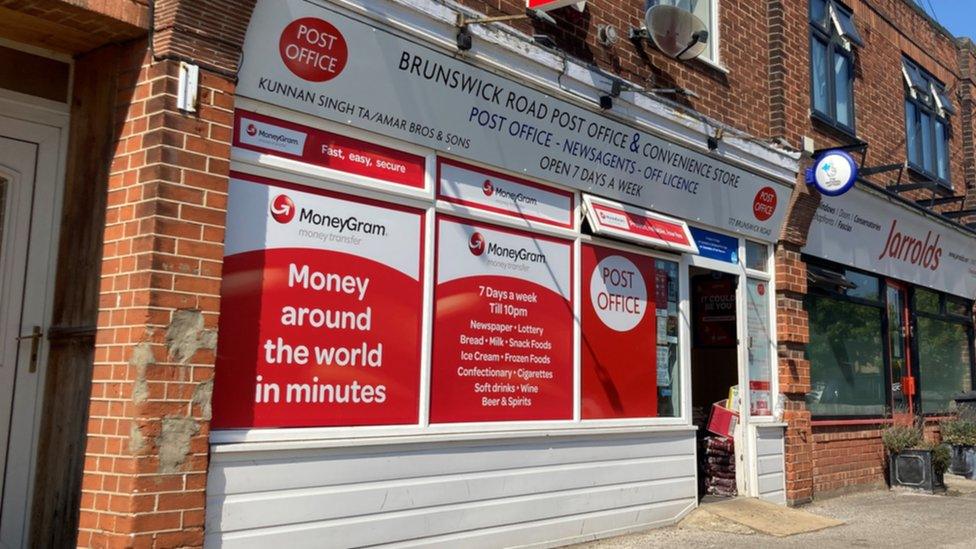
Mr Singh said he didn't want to disappoint his customers by running out of essential products
The newsagent says the nature of his business means local people just want to dash in for day-to-day essentials and he is concerned about disappointing them.
"A little shop like us, we rely on the cash and carries to have the stock for us to sell - basic things like milk, water, sweets, crisps," says Mr Singh.
"We've got a lot of local customers who come to us for milk, but if the cash and carry haven't got milk then we can't sell it.
"If they come in two or three times and we haven't got it... they'll go elsewhere and maybe won't come back again."
Mr Singh says his store has only managed to avoid having empty shelves because it holds a good amount of backroom stock.

'The situation has become untenable'

Retail expert Natalie Berg, founder of NBK Retail, says there is "no overnight solution" to the current issues
Retail expert Natalie Berg, founder of NBK Retail, says there is "no overnight solution" to the current issues.
"Shoppers can expect to see less choice at the shelf and higher prices in certain categories, as retailers look to alleviate supply chain pressures," she says.
"The last thing a retailer wants to do, particularly in the run-up to Christmas, is pass any additional cost on to the customer in the form of higher prices but the situation has become untenable."
Communication is key, she says. "When shoppers see photos of depleted shelves, it only fuels further panic buying.
"What retailers want to avoid, of course, is the panic buying that we saw last March - so [it] needs to be managed well.
"Shops have been through the mill over the past 18 months and many simply cannot afford any more disruption.
"The last thing this sector needs is another crisis, particularly in the run-up to Christmas when consumers are finally ready to loosen their purse strings.
"We're about to enter the industry's most critical trading period, which can be 'make-or-break' for retailers at the best of times.
"These shortages will be the final straw for some businesses."

Find BBC News: East of England on Facebook, external, Instagram, external and Twitter, external. If you have a story suggestion email eastofenglandnews@bbc.co.uk, external
Related topics
- Published6 September 2021
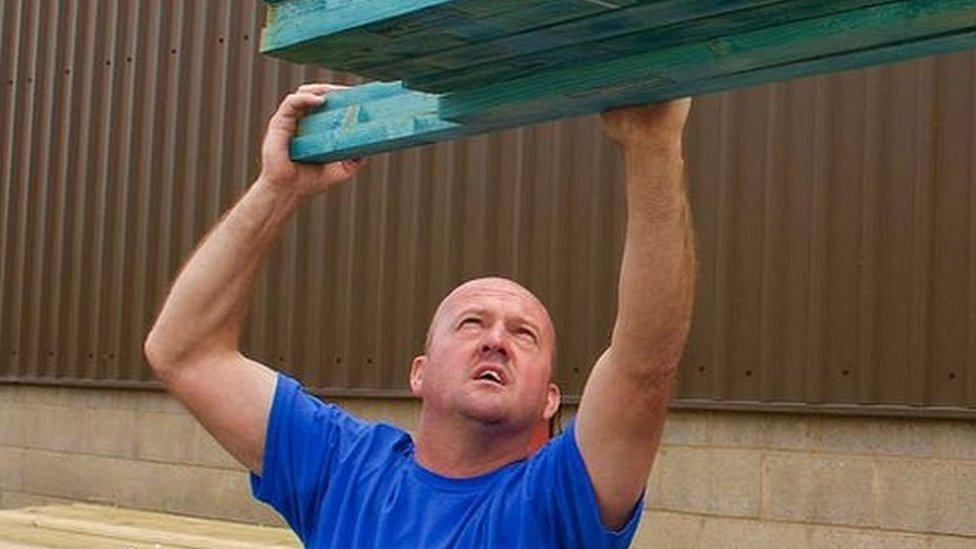
- Published5 September 2021
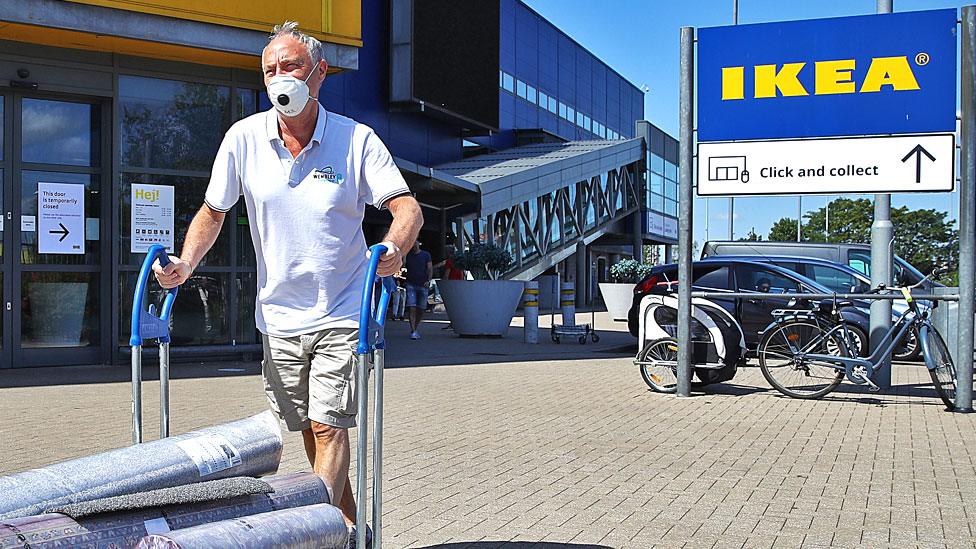
- Published15 October 2021

- Published11 May 2021
